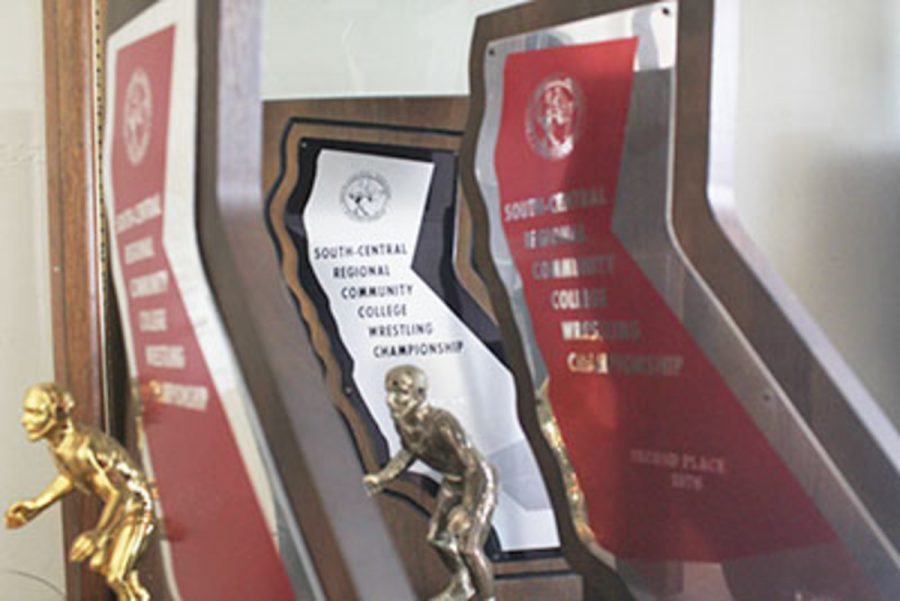Athletes seek pay for dedication to sport
March 16, 2015
Any college athlete knows how hard it is to get an education while being involved in a sport. Student athletes dedicate a vast amount of their time to their sport rather than their studies, according to Van Jones, a correspondent on CNN’s Crossfire.
Devoting so much time to athletics leaves little to no time for a job, which is why many debate over whether college athletes should be paid.
“The most valuable thing when you’re a young person is an education,” said Jones. “If you start throwing contract dollars at these kids and take their eyes off that ball, you’re doing them a real disservice.”
An alternative to receiving compensation for their hard work, is offering scholarships to some players. College athletes often receive scholarships, which allow them a ticket to their education. According to the NCAA College Athletics Statistics, 85 sport scholarships are allowed for Division I men’s football.
A big reason college athletes aren’t paid with federal money has to do with an act that is a part of the Education Amendments called Title Nine. Title Nine guarantees gender equality in athletic opportunities and is recognized as a roadblock to the “pay-for-play” concept.
Many people still argue that scholarships aren’t enough and that collegiate athletes don’t get to prosper off their hard work.
“There is so much money being made and the people creating this wealth don’t get to participate and they don’t get to graduate,” said Kareem Abdul-Jabar, basketball legend and NBA hall-of-famer.
An easy fix seems to be letting notable college athletes profit off their own name, but according to the NCAA, selling or trading memorabilia by college athletes is consider illegal. The NCAA equates making money off memorabilia to receiving improper benefits.
ESPN reports that Tennessee defensive tackle Malik Jackson feels as though the jerseys, socks, belts, pants and rings given to players should be considered their property. And in this country, you’re allowed to sell your property.
“If they give it to us, it’s ours,” Jackson said. “We should be able to do what we want. You have coaches making millions and players who gotta wonder what they’re going to eat toward the end of the month because we’re not getting paid.”








